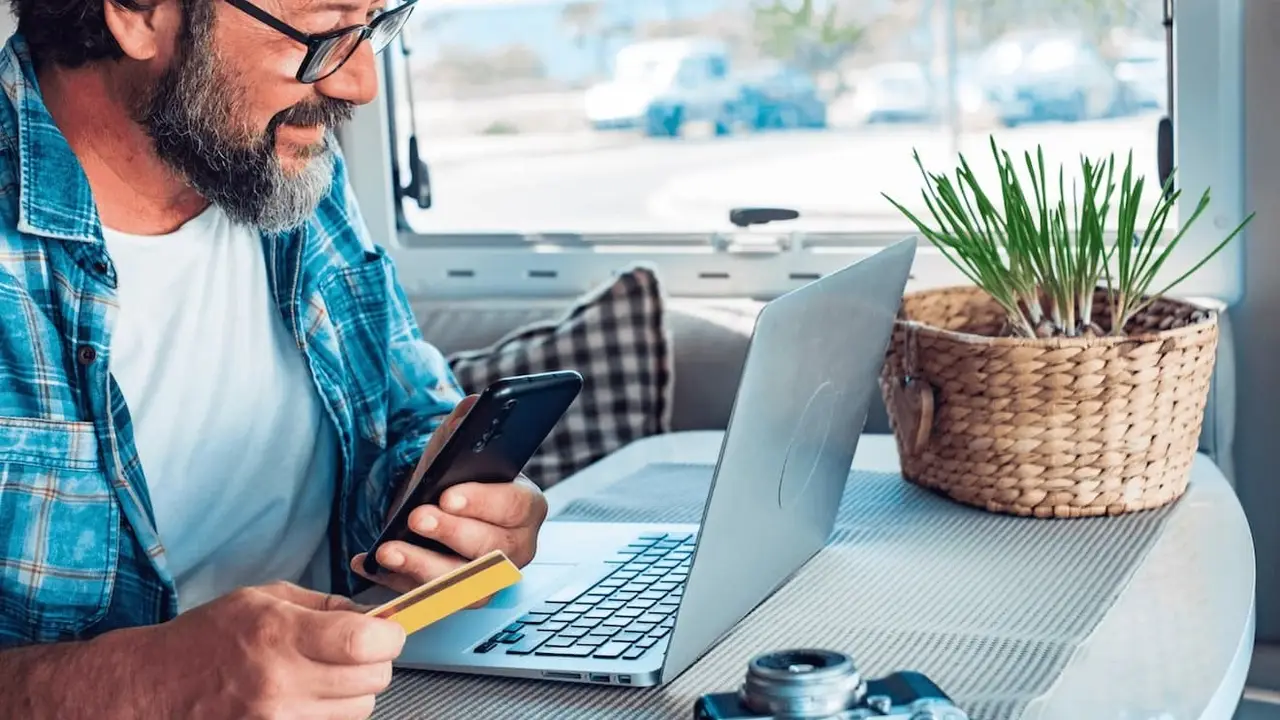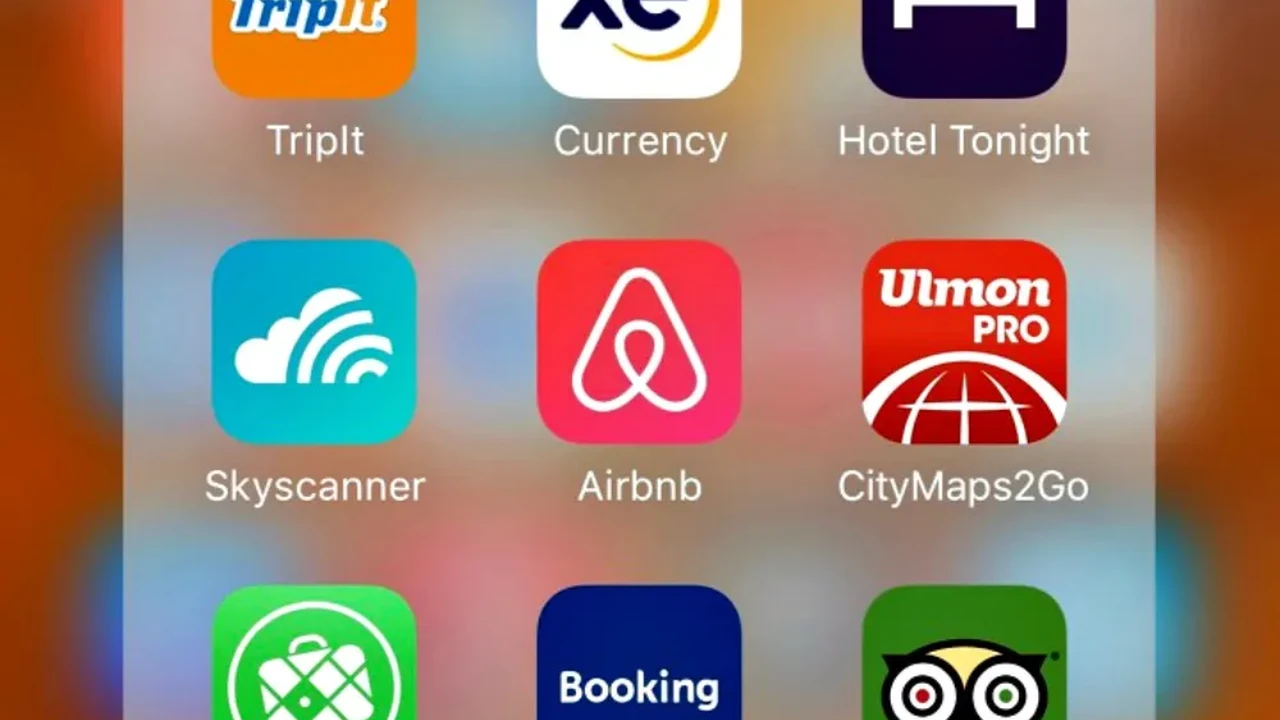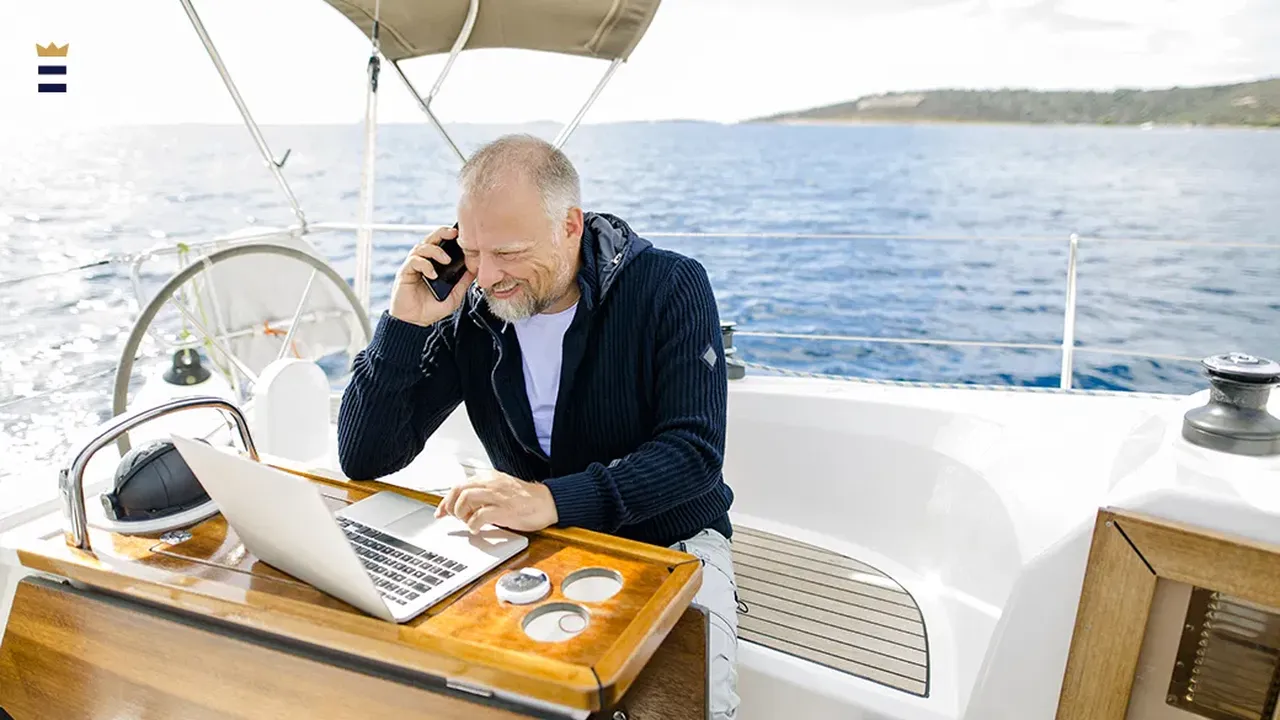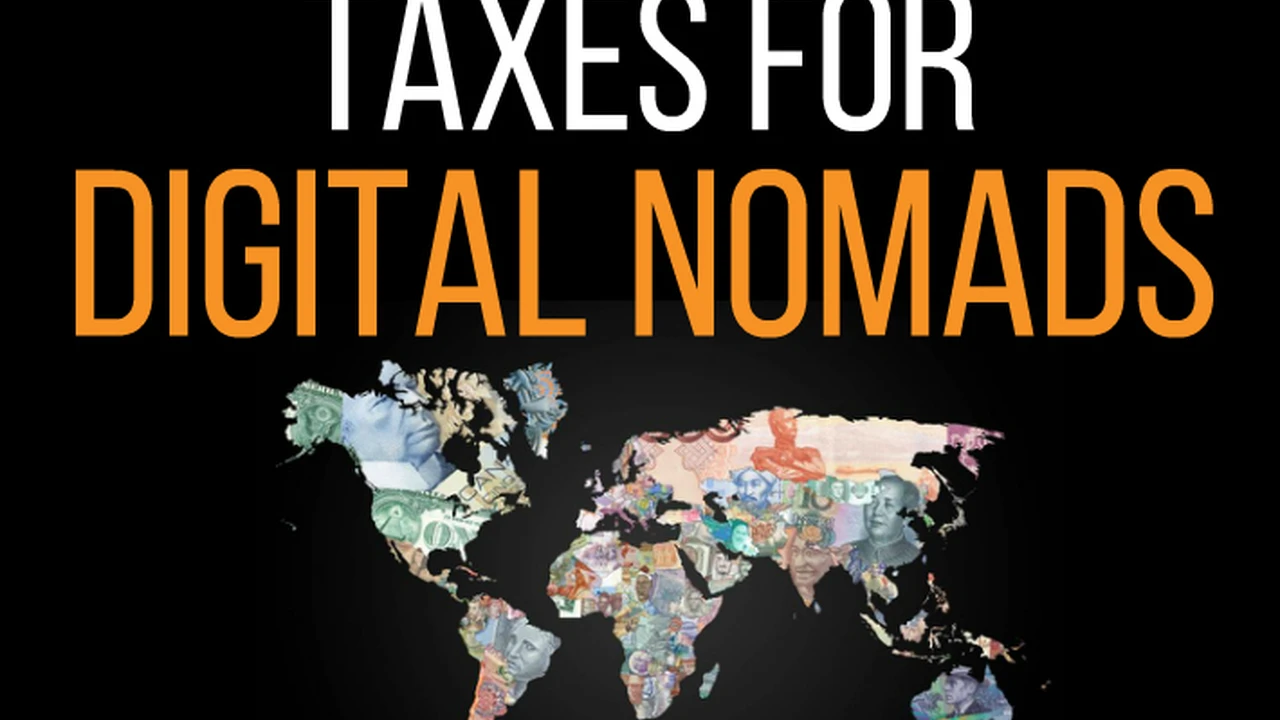Budgeting for Nomads
Unlock your global office with our Digital Nomad Visa Guide. This essential resource details visa options for US citizens seeking remote work opportunities in Southeast Asia. Explore entry requirements, application processes, and tips for staying compliant with local regulations.

Why Budgeting Matters Nomad Finance
Alright, let's talk money. Being a digital nomad sounds all kinds of glamorous, right? Picture this: you're sipping a coconut on a beach in Thailand, laptop open, \"working\" on your tan. But reality check! That coconut costs money, and so does the flight to get there, the hostel, the Wi-Fi... everything! That's where budgeting comes in. It's not about being stingy; it's about being smart. It's about making your travel dreams sustainable, so you can keep exploring without ending up broke and having to crawl back home. Think of it as your financial GPS, guiding you through the wild world of nomad life.
Understanding Your Income Streams Digital Nomad Earnings
First things first, where's the moolah coming from? Freelancing? Remote work? Passive income streams? Knowing exactly how much is coming in each month (or at least an average) is crucial. Be realistic! Don't overestimate your earnings; it's always better to err on the side of caution. If your income is variable (and let's face it, whose isn't?), track it religiously for a few months to get a clear picture. Apps like Mint or YNAB (You Need A Budget) can be lifesavers here. Once you know your income, you can start to plan how to spend it.
Tracking Your Expenses Travel Costs Southeast Asia
This is where things get real. Where is your money actually going? Track EVERYTHING! Seriously, every single purchase, no matter how small. That $2 coffee, that street food snack, that tuk-tuk ride – they all add up. Again, budgeting apps are your friend. Or, if you're old-school, a simple spreadsheet will do the trick. Break down your expenses into categories: Accommodation, Food, Transportation, Activities, Wi-Fi, etc. After a month or two, you'll start to see where your money is leaking. Are you spending way too much on eating out? Are those daily lattes draining your bank account? Knowledge is power, my friend!
Creating a Realistic Budget Travel Budget Template
Okay, now for the fun part: actually creating your budget. Start with your income (the average you calculated earlier). Then, list out all your essential expenses: accommodation, food, transportation, internet. Be honest with yourself! Research average costs in the countries you plan to visit. Websites like Nomad List and Numbeo are fantastic resources for getting a sense of living expenses in different cities. Factor in buffer for unexpected costs. Life happens! Your laptop might break, you might need to see a doctor, or you might just want to splurge on a fancy dinner. Aim to save at least 10-20% of your income each month for these contingencies. Finally, allocate some money for fun! Travel is about experiencing new things, so don't be afraid to spend a little on activities and adventures.
Accommodation Hacks Nomad Accommodation Budget
Accommodation is often the biggest expense for digital nomads. But fear not, there are plenty of ways to save! Hostels are a great option for budget travelers. They're cheap, social, and often have good Wi-Fi. Airbnb can also be affordable, especially if you book long-term stays. Look for apartments with kitchens so you can cook your own meals and save money on eating out. House-sitting is another fantastic option. You get to live in a comfortable home for free in exchange for taking care of someone's pets or property. Websites like TrustedHousesitters connect homeowners with reliable house-sitters. Finally, consider co-living spaces. These are like co-working spaces, but with accommodation included. They offer a sense of community and often have all the amenities you need for remote work.
Food Strategies Eating Cheap Abroad
Food can be a major budget buster if you're not careful. Eating out every night is a surefire way to drain your funds. Cook your own meals whenever possible! Hit up local markets and buy fresh produce. It's not only cheaper but also a great way to experience the local culture. Street food is another affordable option, but be cautious about hygiene. Look for vendors with long lines (a sign of popularity and freshness) and avoid anything that looks questionable. Pack snacks! Having a stash of healthy snacks on hand will prevent you from impulse buying expensive junk food. Finally, take advantage of free breakfast if your accommodation offers it. Every little bit helps!
Transportation Tips Affordable Travel Options
Getting around can also be expensive, especially if you're constantly hopping between countries. Flights can be a major expense, so be flexible with your dates and destinations. Use flight comparison websites like Skyscanner and Google Flights to find the best deals. Consider flying budget airlines, but be aware of extra fees for baggage and seat selection. Ground transportation is often cheaper than flying. Buses and trains are a great way to travel long distances on a budget. Within cities, use public transportation or ride-sharing apps like Grab or Uber. Walking and cycling are also great options, especially for exploring new neighborhoods.
Banking and Currency Exchange Digital Nomad Banking
Managing your money while traveling can be tricky. Open a bank account that doesn't charge foreign transaction fees. Charles Schwab and Capital One 360 are popular choices for US citizens. Use a travel credit card that earns rewards and doesn't charge foreign transaction fees. The Chase Sapphire Preferred and the Capital One Venture Rewards cards are excellent options. Avoid using ATMs that charge high fees. Look for ATMs that are part of a global network like Global ATM Alliance. Use a currency exchange app like Wise (formerly TransferWise) to get the best exchange rates. Avoid exchanging money at airports or tourist traps, as they typically offer the worst rates.
Recommended Budgeting Tools and Apps for Digital Nomads
Here are a few specific products I'd recommend, along with their typical usage scenarios and price points:
* **YNAB (You Need A Budget):** This is a comprehensive budgeting app that uses the \"four rules\" of budgeting to help you gain control of your finances. It's great for people who want a detailed and hands-on approach to budgeting.
* *Usage Scenario:* Tracking all income and expenses, setting specific goals (e.g., paying off debt, saving for a trip), and managing variable income.
* *Price:* Subscription-based, around $14.99/month or $99/year.
* **Mint:** A free and easy-to-use budgeting app that connects to your bank accounts and automatically tracks your spending. It's great for people who want a simple overview of their finances.
* *Usage Scenario:* Monitoring spending habits, identifying areas where you can save money, and setting budget alerts.
* *Price:* Free!
* **Wise (formerly TransferWise):** A currency exchange app that offers the best exchange rates and low fees for international transfers.
* *Usage Scenario:* Sending money to friends and family abroad, paying for accommodation in foreign currencies, and converting currencies for travel.
* *Price:* Fees vary depending on the currency and amount, but are typically very low compared to traditional banks.
* **Nomad List:** While not a budgeting app *per se*, Nomad List provides cost of living data for cities around the world, helping you estimate expenses for different destinations.
* *Usage Scenario:* Researching living expenses in different cities, planning your travel budget, and comparing costs of different destinations.
* *Price:* Free to browse basic information, paid subscription for more detailed data and features.
Comparison of Budgeting Approaches Nomad Budgeting Strategies
Choosing the right budgeting tool depends on your individual needs and preferences. YNAB is a powerful tool for detailed budgeting and goal setting, but it requires more time and effort to set up and maintain. Mint is a simpler option for tracking spending and getting a general overview of your finances. Wise is essential for anyone who needs to transfer money internationally. And Nomad List is a valuable resource for planning your travel budget and comparing costs of different destinations.
Emergency Funds and Financial Safety Nets Travel Emergency Fund
Stuff happens. Laptops break, flights get canceled, and sometimes you just need a little extra cash to treat yourself. That's why having an emergency fund is crucial. Aim to save at least 3-6 months' worth of living expenses in a separate account that you can easily access in case of emergencies. Consider getting travel insurance to cover unexpected medical expenses or trip cancellations. Finally, have a backup plan in case things go really wrong. Know who you can turn to for help and how you can get back home if necessary.
Staying Disciplined and Reviewing Your Budget Nomad Financial Discipline
Creating a budget is only half the battle. The real challenge is sticking to it! Set realistic goals and track your progress regularly. Review your budget each month and make adjustments as needed. Don't be afraid to cut back on expenses if you're overspending. Automate your savings! Set up automatic transfers from your checking account to your savings account each month. Finally, reward yourself for sticking to your budget! Treat yourself to something fun every now and then to stay motivated.
:max_bytes(150000):strip_icc()/277019-baked-pork-chops-with-cream-of-mushroom-soup-DDMFS-beauty-4x3-BG-7505-5762b731cf30447d9cbbbbbf387beafa.jpg)






